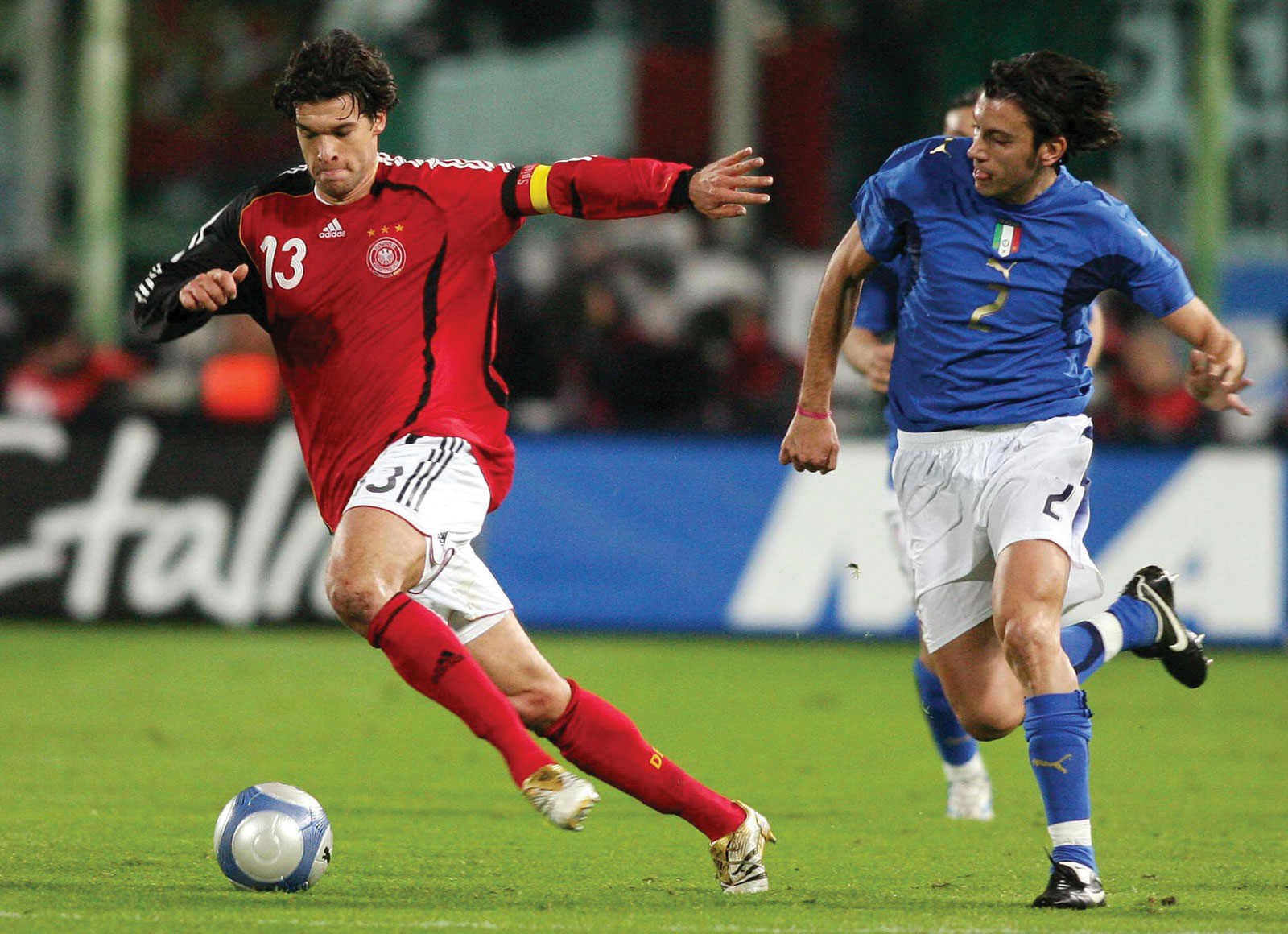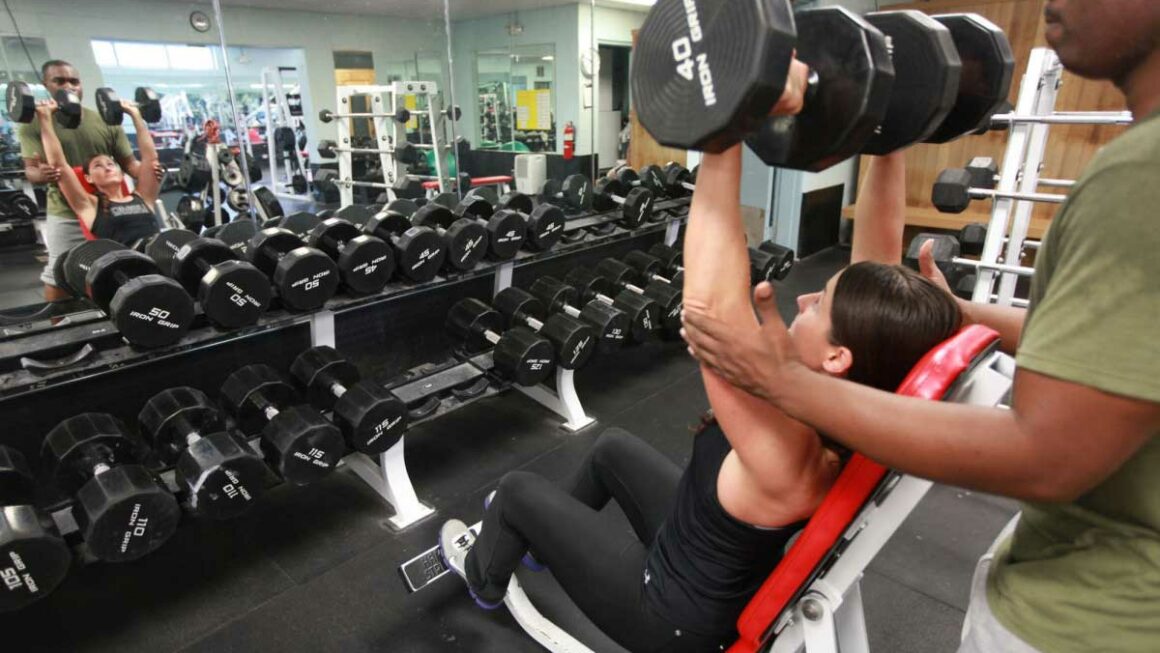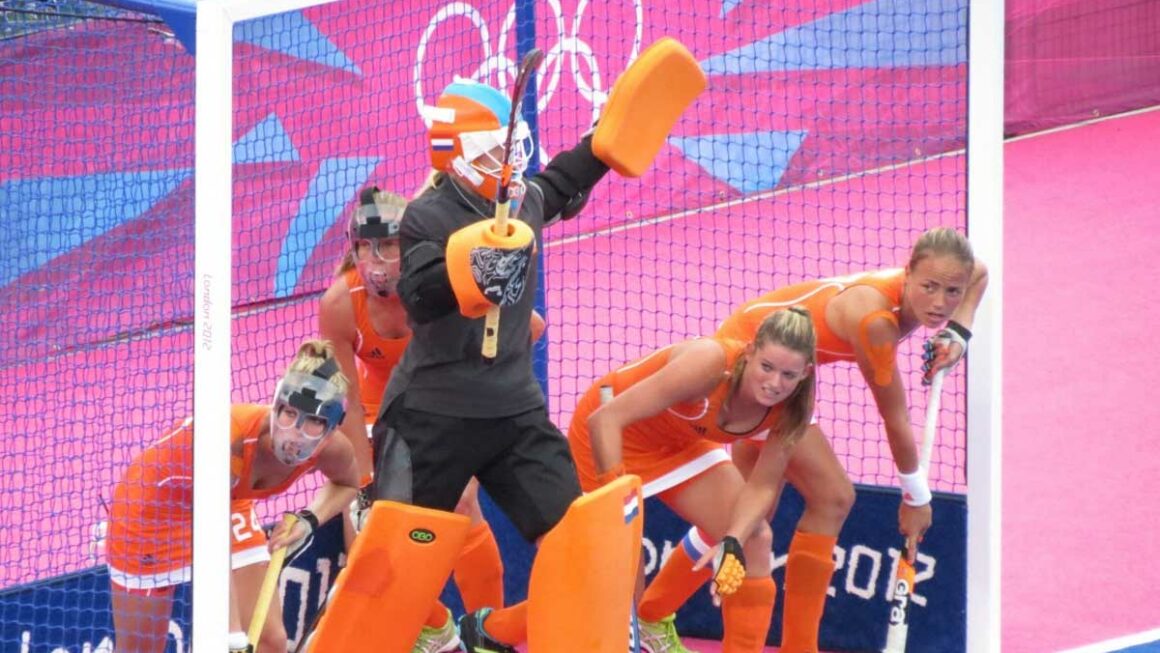The relation between sports and culture is a complex phenomenon, largely because sports are easy to adapt to fill cultural spaces across various media. In many cases, this seems to be a simple one-way relationship between passive sports consumers and media producers. But the relationship between sport and culture is much more complex than this, and requires a more complex analysis. Here are some key concepts to keep in mind. And they’ll help you define the nature of the relationship between sport and culture.
To understand how sports are related to culture, we must consider the sociocultural dimensions of the sport industry. Although this is an interdisciplinary field, sports have long been considered subsets of society. Therefore, we must be aware of this, especially in the case of global sports. There are many examples of social ideologies interacted in sports. Here are some of these ideologies. And how do these ideologies affect and influence the development of a sport?
As social scientists, we must understand that the role of sport in culture is not clear at all. While there is an inherent connection between sport and culture, it does not necessarily follow that sports have the ability to create positive changes in culture. Furthermore, sports can promote social changes. As Raymond Williams famously remarked, “culture is ordinary,” and the role of sport in society is to bind people together, build community, and remind people of the importance of community. And the relationship between football and soccer is especially ambiguous, resulting in an incomplete view of the relationship between sports and cultures.
A comprehensive understanding of the relationship between sports and culture requires that we recognize and study the role of geography in sports. Whether or not sports are a subset of society, the geographical environment plays a critical role in the success of those endeavors. The study of the relationship between sport and culture will help us better understand the relationship between sport and society and will help us make wiser choices in the future. With this knowledge, we can develop a deeper understanding of how and why athletes engage with their communities.
The relationship between sports and culture is more complex than we might think. In fact, the relationship between sports and culture is a complex one. Aside from the social context, the culture of sport is highly personalized to the participants. The culture is also affected by the competition among fans. The culture of a sport may reflect the values and traditions of its participants. For instance, the fan community might be very active in a particular team.
The relationship between sport and culture is complex. Historically, it was closely linked between religion and culture. While the relationship between sports and cultures was never completely clear, it has become increasingly complex. In fact, some aspects of sports have changed over time. As a result, many people have become less interested in the sport and more religious, yet their participation is still crucial to society. It has become a cult of physical expression and a social force.
Another important concept to consider is the relationship between sports and culture. There is a connection between sports and culture and nationalism. But there are also different types of sports. For example, soccer is more popular in America than soccer. In both countries, football is the most popular sport. However, it is not the only one. Some other sports cultures may have different ideologies. And so, it is very important to understand how sports and culture relate to each other.
The relationship between sport and culture is complex. It has multiple dimensions. In the United States, it has a strong gender identity. The racial identity of a person is important, but the gender-based nature of sports also affects its social status. This is why it is so important to examine the relationship between sport and culture. There are many reasons why it is so important. For example, it has to do with the role of the sports in society.












